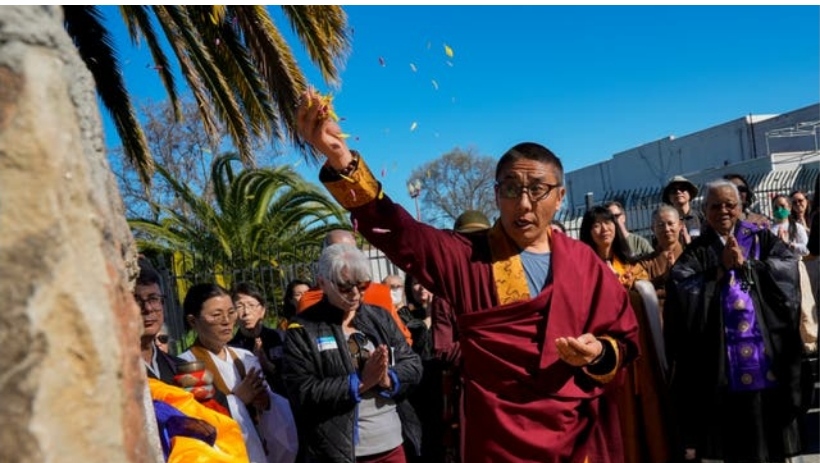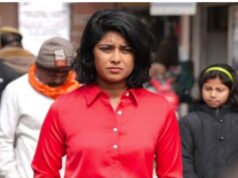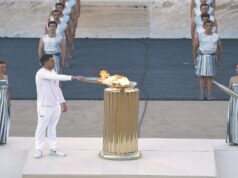Buddhists use karmic healing to purify US city’s anti-Asian legacy and nationwide prejudice
A group of Buddhist faith leaders and community members gathered in the city of Antioch, California, for the “first national Buddhist memorial service and pilgrimage in response to anti-Asian hate.”
Buddhists use karmic healing against one US city’s anti-Asian legacy and nationwide prejudice today

For one afternoon, on Antioch’s city’s main street and tranquil riverbank, the fragrance of burning incense was paired with the sound of Buddhist and Tao chants. Their cumulative calming energy was meant to be a balm of sorts to soothe the racial and religious hate that cast a shadow on Antioch’s legacy.
Antioch’s dark past, specifically its horrific mistreatment of early Chinese immigrants, motivated about 200 Buddhists to undertake a recent pilgrimage to the city of about 115,000, tucked deep in the delta that drains into the San Francisco Bay. Their goal was to supplant the negative with the positive by reconciling a dreadful past and anxiety-filled present — both time periods when Asian Americans nationwide have faced hate and discrimination — with the hope for a more egalitarian and harmonious future.
In the 1800s, thousands of Chinese immigrants came to the area during the gold rush to work in mines, and build railroads and levees. Those who lived in Antioch were subject to sundown laws and used secret tunnels to commute to and from work, according to local newspaper reports. Eventually, the city’s Chinatown spanning a couple of city blocks — which also housed a Buddhist/Tao temple where new immigrants congregated — was burned down.
On Saturday, the group of Buddhists gathered for the pilgrimage, an event they titled “May We Gather.” It was intentionally scheduled on the third anniversary of the Atlanta mass shooting when a white gunman targeted female employees at Asian American massage parlours because he saw them as “sources of temptation.” Six of the eight victims were women of Asian descent.
Duncan Williams, a Soto Zen priest of Japanese descent and one of the event’s organizers, said the Atlanta killings bore eerie similarity to Antioch in 1876 when raging locals burned down the homes of Chinese women branded as sex workers. In 2021, Antioch became the first U.S. city to issue a public apology for the mistreatment of early Chinese immigrants during the gold rush.
Williams, who also is a religion professor at the University of Southern California, said event organizers desired not just a political reaction, but “a Buddhist response that draws on our teachings and practice,” which aims to honor ancestors and heal racial trauma, past and present.



